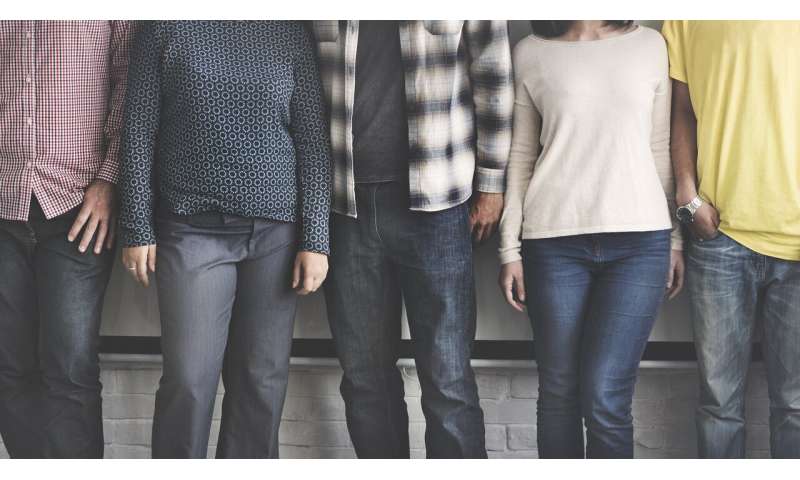
A radical counseling method could be an effective way to help children with mental health problems returning to school after the COVID-19 lockdown, according to University of Manchester psychologists.
The study, which analyzed the outcomes and feedback from 16 students aged 11 to 19 to Method of Levels therapy (MOL), found it to be ‘feasible and acceptable’ when assessed over six months.
The findings, published in the British Journal of Guidance and Counseling, show the method could help more young people access timely support in a time of increasing pressure on mental health services.
Senior UK educators have recognized the seriousness of children’s mental health problems as a result of COVID-19.
Unlike conventional therapies, MOL doesn’t require detailed assessments, screening and diagnosis.
“Lockdown has been very tough for many children- and is likely to be linked to poor mental health because it takes away their sense of control,” said lead author and honorary researcher at Manchester Dr. Anamaria Churchman.
“But this method gives it back to them by empowering them with the freedom to choose when and how often to access support.”
This is likely to increase service efficiency by allowing more young people to access support.
Unlike conventional approaches, MOL gives recipients choice and control over attendance by using a self-booking system.
It also allows them to choose what problems to work on, in their own timeframe. MOL therapists follow rather than lead the participant in talking about problems, and do not make suggestions or give advice.
She said: “There is much evidence to suggest that in the UK, adolescents’ mental health present an ever-growing concern—especially during the COVID-19 crisis.
“Even in 2017, research showed that one in eight children aged five to 19 years old had a mental disorder. It’s highly likely the situation worsened considerably under lockdown. Government sees this as an area of concern and schools are identified as an optimum hub for offering support.”
She added: “Conventional therapy is often hard to access, expensive, and can take away choice and control from young people. When ‘expert teams’ decide the best treatment for young people without involving them in the decision, the results are often far from satisfactory, with young people dropping out, refusing to attend treatment or failing to make progress.”
Students booked a wide-ranging number of sessions at differing intervals and set personalized goals related to their emotional or mental wellbeing, showing differences in personal needs and preferences.
Conventional sessions typically offer everyone the same number of sessions and parents or teachers choose when and for how long young people access support- even though young people might not feel ready to talk, or prefer not to miss certain lessons to receive support.
Some of the young people reported needing more support, which, say the team, infers their needs are not being met when following an adult driven model.
However, when accessing MOL sessions, young people chose the number and frequency of sessions booked. This ranged from 1 to 18 based on their own, personal needs.
On completion, most young people displayed an increase in scores for empowerment and ability to resolve psychological conflict and overall distress levels decreased.
The benefits were sustained two months after completion of the six-month study. Full-scale trials will be needed next.
Confidentiality, the opportunity to talk freely and feel listened to, the opportunity to get things off their chest and to feel understood and respected were reported as being helpful.
Co-author Dr. Warren Mansell said: “MOL can be applied to a wide range of mental health problems but hasn’t yet been tried on children and adolescents, so we’re pleased it seems to be effective. It’s another important application of Perceptual Control Theory which proposes that people function well when they are able to control important areas of their lives. We’d love this approach to be used in any setting where young people are present. It goes hand in hand with holistic approaches now being increasingly used in mental health.”
Source: Read Full Article
